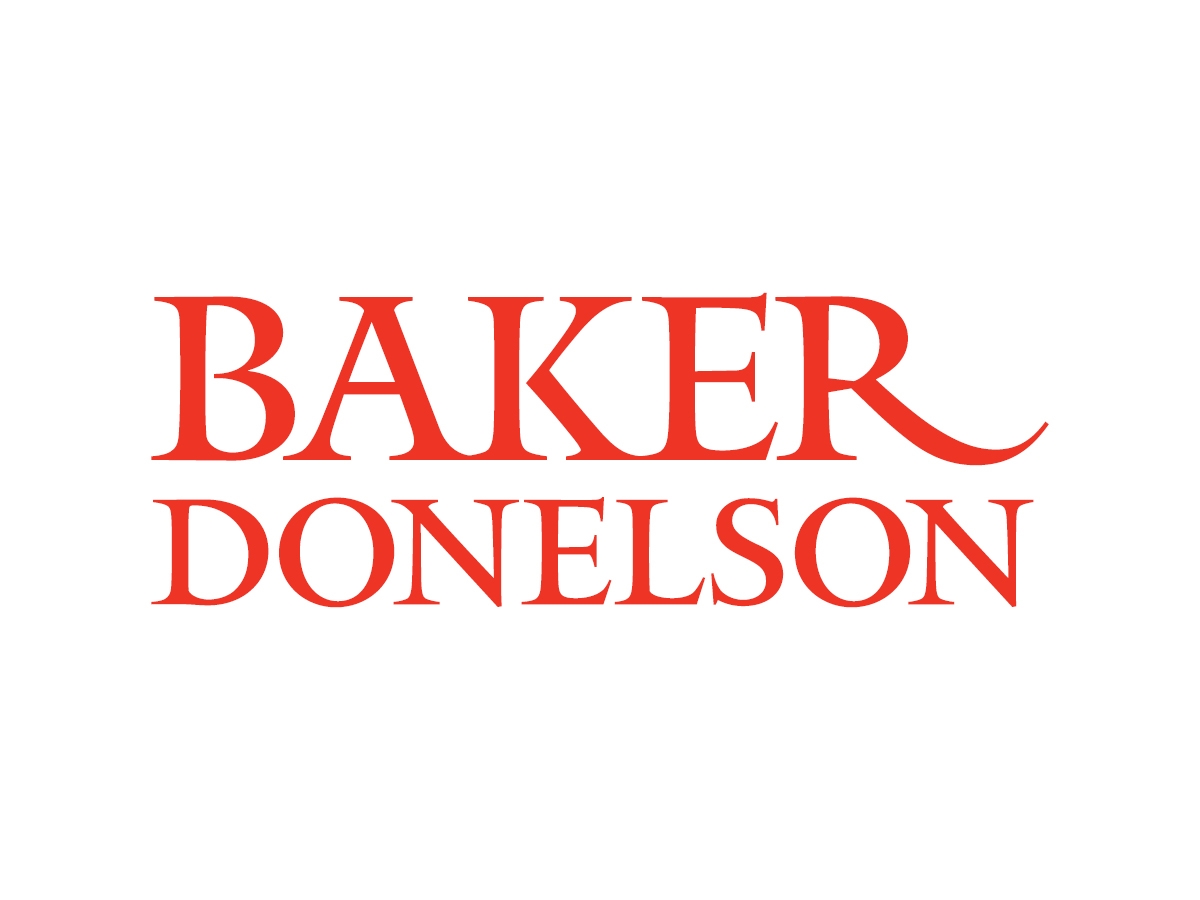Meta Exploring Stake in Ray-Ban’s Parent Company
Meta is in discussions to take a minority stake in EssilorLuxottica, the European eyewear conglomerate, two people with knowledge of the talks said, in a move that could further tie together two companies that have worked on a line of augmented reality glasses.
Meta could take a stake of as much as 5 percent of EssilorLuxottica, which makes eyewear brands such as Ray-Ban and Oakley, the people said. The eyewear company, which is based in Charenton-le-Pont, France, and trades on the Paris stock exchange, is currently valued at €88 billion, or $96 billion.
The talks are ongoing and could fall apart, said the people, who spoke on the condition of anonymity because the discussions were confidential. A Meta representative declined to comment. EssilorLuxottica didn’t immediately respond to a request for comment. The Financial Times reported earlier on the discussions.
An investment from Meta, which owns Facebook, Instagram and WhatsApp, would signal its continued commitment to building what is known as the metaverse, an immersive digital universe. Mark Zuckerberg, the chief executive of Meta, has championed the company’s shift to metaverse-related products, authorizing tens of billions of dollars of spending on related hardware such as virtual reality headsets and smart, wearable devices.
In 2021, Meta partnered with EssilorLuxottica to produce a line of Ray-Ban smart sunglasses, called Ray-Ban Stories. The glasses have cameras built into the frames and they can capture photo and video that can be quickly uploaded to Meta’s apps.
Last year, Meta released an updated line of the glasses and changed their name to Ray-Ban Meta smart glasses. Some of the styles quickly sold out.
Mr. Zuckerberg and Andrew Bosworth, Meta’s chief technology officer who runs Reality Labs, which is building hardware for the metaverse, have both emphasized the importance of the smart glasses to the company’s metaverse strategy.
Meta’s hardware division has also become central to its work on artificial intelligence, which has grown in importance as competitors like Google, Microsoft and others also ramp up A.I. across their products. In April, Meta integrated its A.I. smart assistant into its line of Ray-Bans, allowing people to ask it questions, rattle off recipes or identify objects or landmarks in front of them.
One place where Meta’s hardware division has yet to succeed: becoming profitable. Reality Labs lost $3.8 billion in the first quarter of this year. Mr. Zuckerberg shows no signs of slowing down his spending on the technology.






